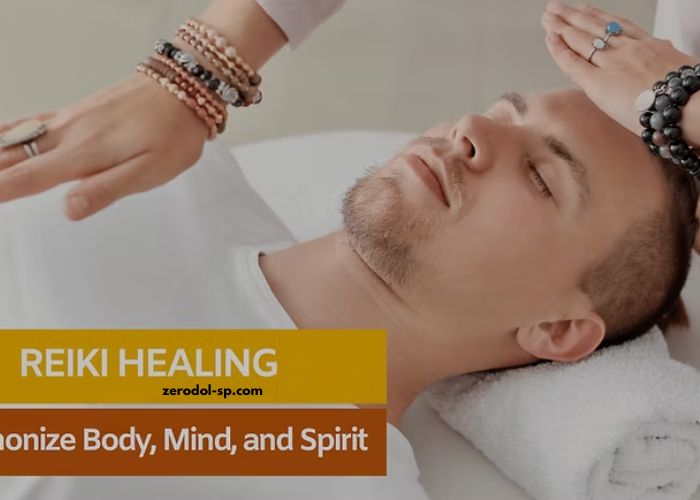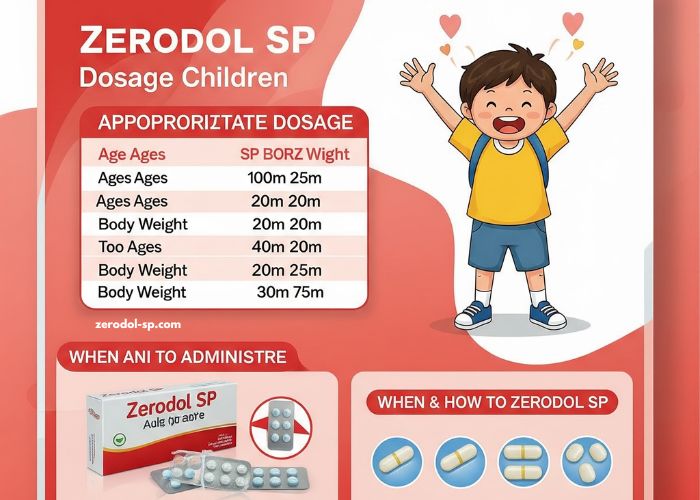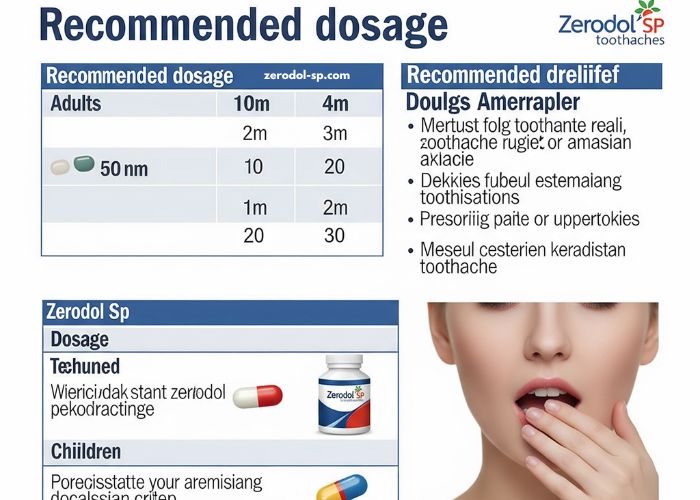In today’s fast-paced world, emotional well-being often takes a backseat to our daily obligations. Emotional recovery is not just about “getting over it”—it’s about creating a safe, supportive space for the mind to process, heal, and grow. Whether you are recovering from loss, stress, burnout, or trauma, self-care rituals offer the foundation for healing the mind and nurturing long-term mental health.
This article explores the power of self-care as a tool for emotional recovery and introduces accessible, evidence-based rituals you can incorporate into your life.
Understanding Emotional Recovery
Emotional recovery refers to the process of regaining psychological balance after experiencing stress, trauma, grief, or overwhelming emotions. Unlike physical wounds, emotional wounds are often invisible, making them easier to overlook—but no less important.
Healing emotionally requires time, intention, and consistent self-nurturing habits. The mind, much like the body, has a remarkable ability to heal when given the right support.
Why Self-Care Matters for Emotional Healing
Self-care is not a luxury; it’s a necessity. It involves actively taking steps to care for your mental, emotional, and physical well-being. Self-care rituals support emotional recovery by:
-
Reducing stress and anxiety
-
Restoring a sense of control and self-worth
-
Providing emotional safety and grounding
-
Strengthening coping mechanisms
-
Promoting inner peace and clarity
By integrating simple rituals into your routine, you can create space to pause, reflect, and renew.
10 Self-Care Rituals to Support Emotional Recovery
1. Daily Mindfulness Practice
Mindfulness is the act of being fully present in the moment without judgment. A simple mindfulness practice—such as five minutes of deep breathing or mindful observation—can help you reconnect with your thoughts and reduce emotional overwhelm.
Tip: Try a guided meditation app or start your day with mindful breathing before checking your phone.
2. Journaling for Emotional Clarity
Writing down your thoughts and emotions can help you understand what you’re going through and identify patterns or triggers.
Ritual Idea: Spend 10 minutes every evening reflecting on your day, noting any emotional highs or lows, and writing what you’re grateful for.
3. Establishing a Sleep Routine
Sleep is deeply connected to emotional health. Lack of quality sleep can intensify negative emotions and impair your ability to cope.
Ritual Suggestion: Create a relaxing bedtime routine—dim lights, avoid screens 30 minutes before bed, drink herbal tea, and listen to calming music.
4. Movement and Exercise
Physical movement releases endorphins, which help reduce stress and improve mood. You don’t need a strenuous workout; even a walk in the park can make a difference.
Try: Gentle yoga, dancing to your favorite music, or nature walks.
5. Creative Expression
Art, music, and creative writing allow you to express emotions in a non-verbal way, which can be incredibly healing during emotional recovery.
Simple Ritual: Set aside 15–20 minutes a few times a week to paint, doodle, write poetry, or play an instrument—even if you’re a beginner.
6. Digital Detox Time
Constant notifications and news updates can overwhelm an already burdened mind. Unplugging allows space for mental rest.
Set Boundaries: Designate tech-free times during meals, before bed, or during self-care rituals.
7. Spending Time in Nature
Nature has a calming effect on the nervous system. Whether it’s a walk in the woods or sitting on a balcony, being in nature supports emotional grounding.
Weekly Ritual: Plan a nature break each week. Even 20 minutes outdoors can refresh your mood and reduce anxiety.
8. Affirmations and Positive Self-Talk
Emotional recovery often involves shifting inner narratives. Daily affirmations can rewire negative thought patterns and strengthen resilience.
Example Affirmations:
-
“I am safe and healing at my own pace.”
-
“My emotions are valid.”
-
“I am worthy of love and care.”
9. Connection with Loved Ones
Supportive social connections are essential for healing. Sharing your experiences with trusted friends or family members reduces feelings of isolation.
Ritual Tip: Schedule weekly phone calls or in-person meetups with people who uplift you emotionally.
10. Therapy and Professional Support
Sometimes the best self-care is seeking help. Speaking with a licensed mental health professional can accelerate healing and provide tools to manage emotions effectively.
Remember: Asking for help is a sign of strength, not weakness.
Building Your Personalized Self-Care Plan
No two people are the same, and your emotional recovery plan should reflect your unique needs and lifestyle. Ask yourself:
-
What activities make me feel calm and safe?
-
What am I neglecting that might improve my emotional health?
-
How can I create a daily or weekly ritual that feels manageable?
Start small. Even one intentional act of self-care each day can lead to transformative changes over time.
Consistency Over Perfection
The key to emotional recovery is consistency. You don’t need a perfect self-care routine—just a regular one. Be patient with yourself, celebrate small wins, and allow for setbacks without judgment.
Frequently Asked Questions (FAQ)
Q1: How long does emotional recovery take?
A: Emotional recovery is a highly personal process. It may take weeks, months, or even years depending on the severity of the experience and the support systems in place. The focus should be on progress, not speed.
Q2: What if I don’t feel like doing self-care activities?
A: It’s normal to feel unmotivated, especially when emotionally overwhelmed. Start with something small and manageable—like a 2-minute breathing exercise. Often, action precedes motivation.
Q3: Can self-care rituals replace therapy?
A: While self-care rituals are powerful tools, they are not substitutes for professional help. Therapy offers a structured, guided approach to deeper healing. Ideally, self-care and therapy work hand-in-hand.
Q4: How do I know which rituals are right for me?
A: Listen to your body and emotions. If a ritual leaves you feeling calmer, clearer, or more supported, it’s likely a good fit. Try different practices and observe how each affects your mood and energy levels.
Q5: Is it selfish to prioritize my emotional needs?
A: Absolutely not. Taking care of yourself is essential, not selfish. When your emotional well-being is strong, you’re better equipped to support others and navigate life’s challenges.
Final Thoughts
Healing the mind is a journey, not a destination. Emotional recovery requires patience, compassion, and a commitment to caring for yourself—especially on the hard days. By embracing simple self-care rituals, you build a foundation for emotional resilience, inner peace, and renewed joy.
Remember, it’s okay to rest. It’s okay to feel. And it’s always okay to start again—one breath, one ritual, one day at a time.





